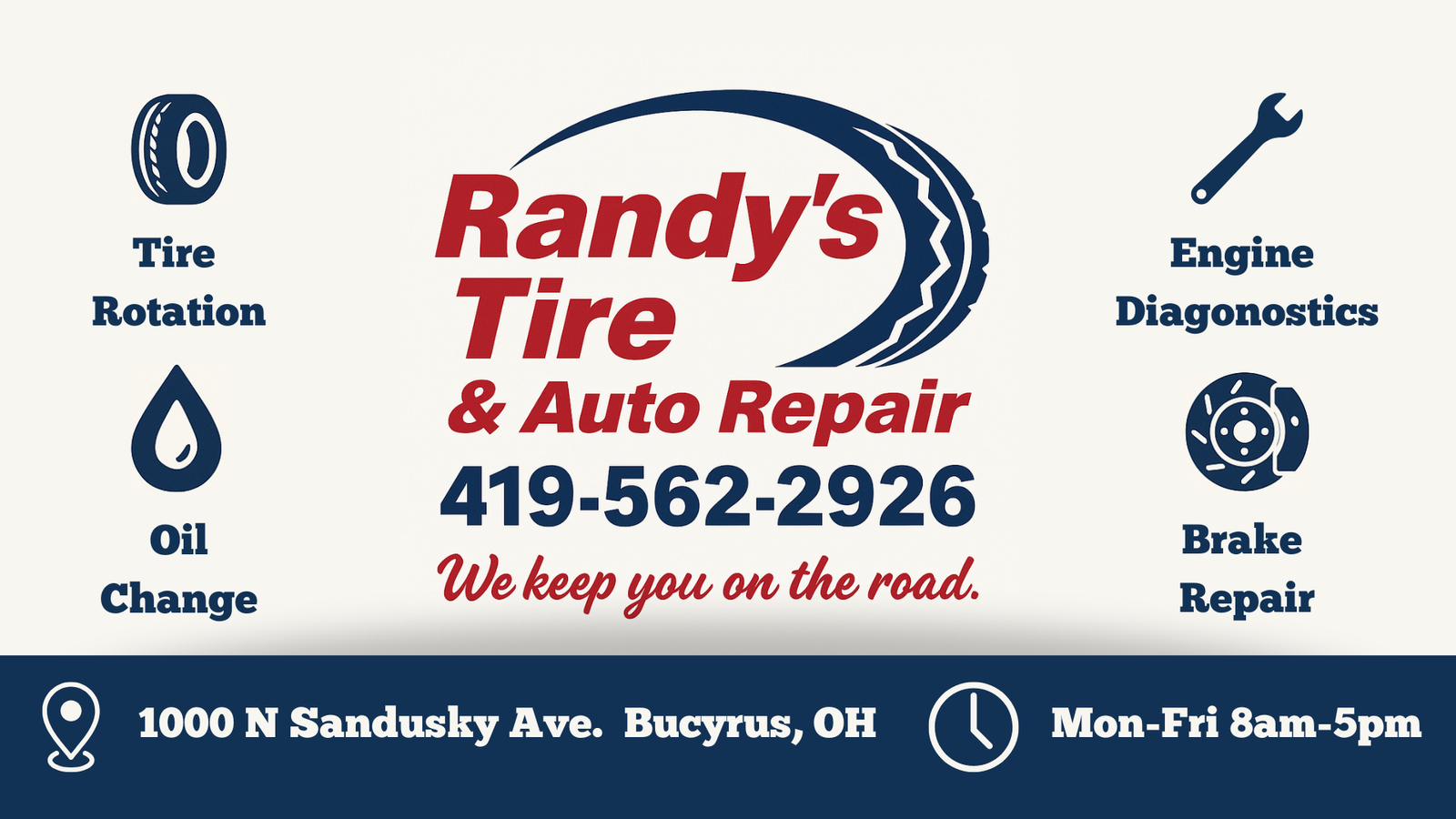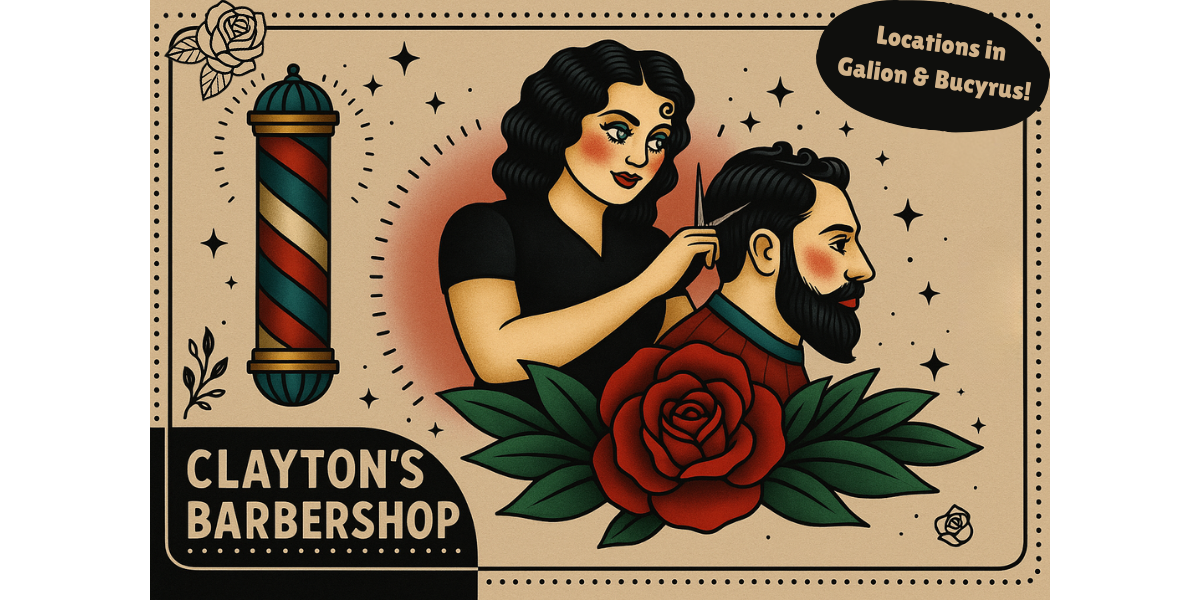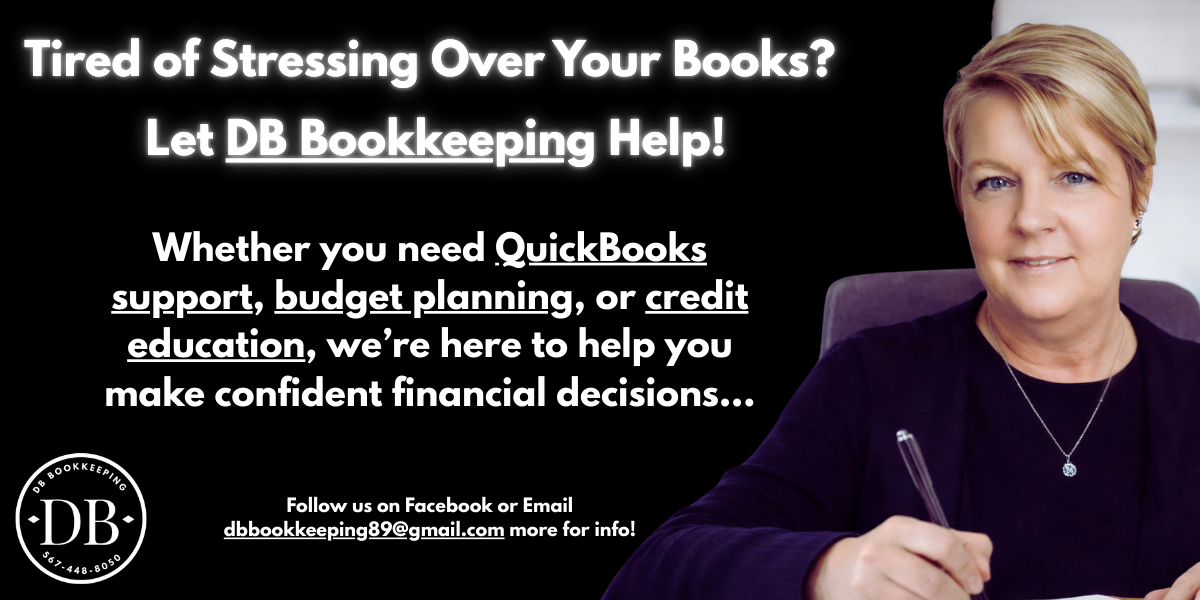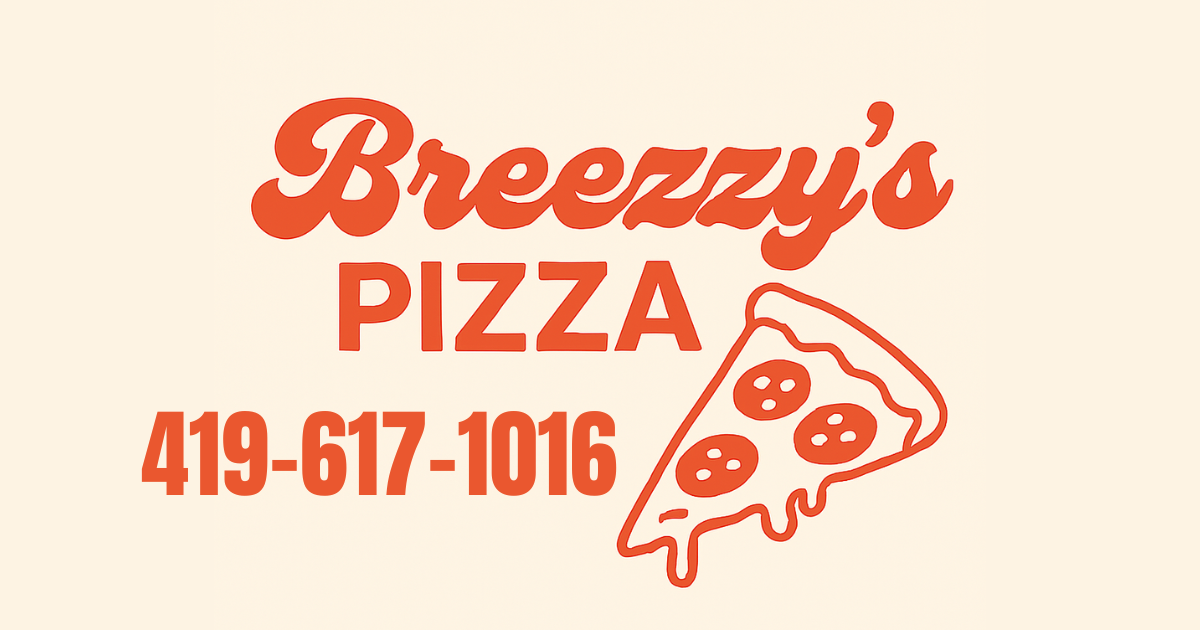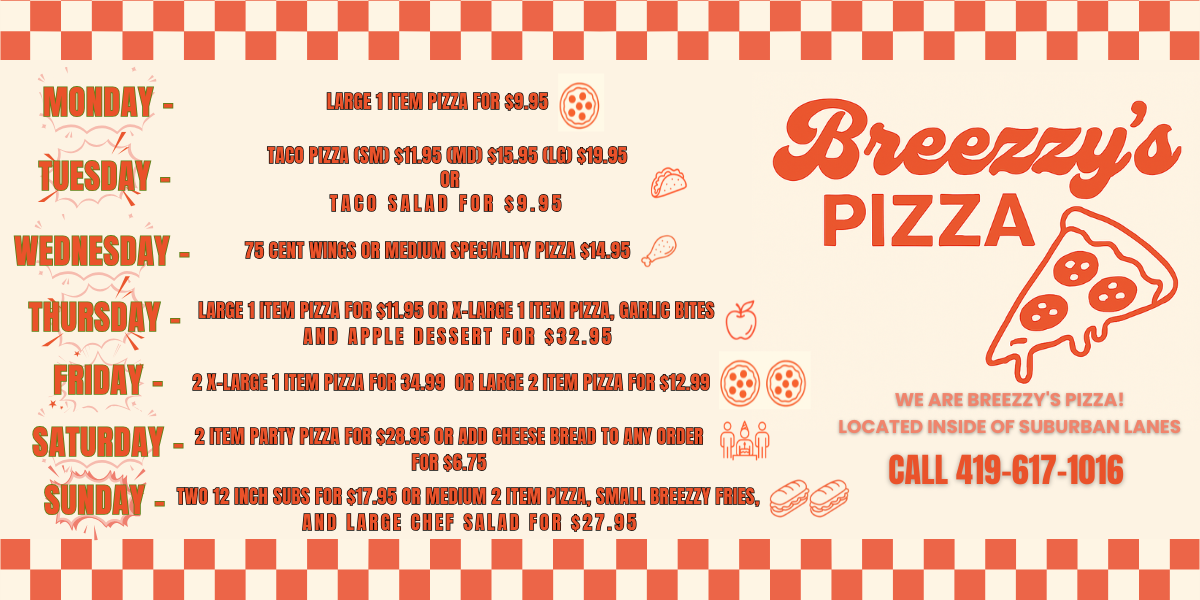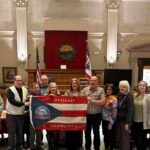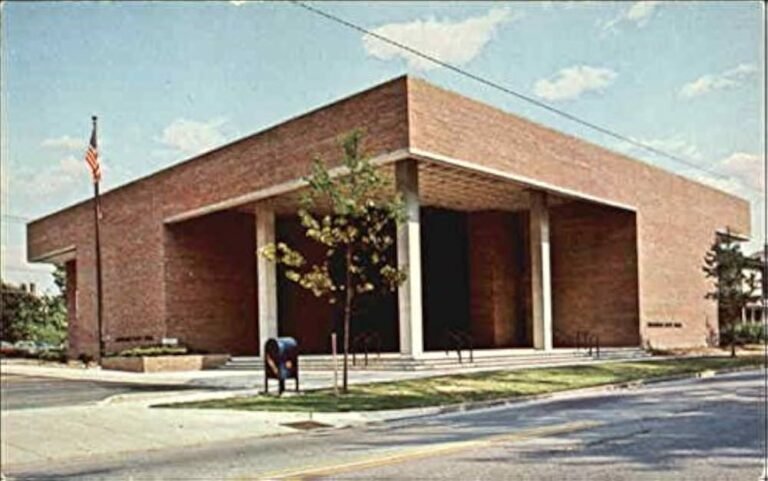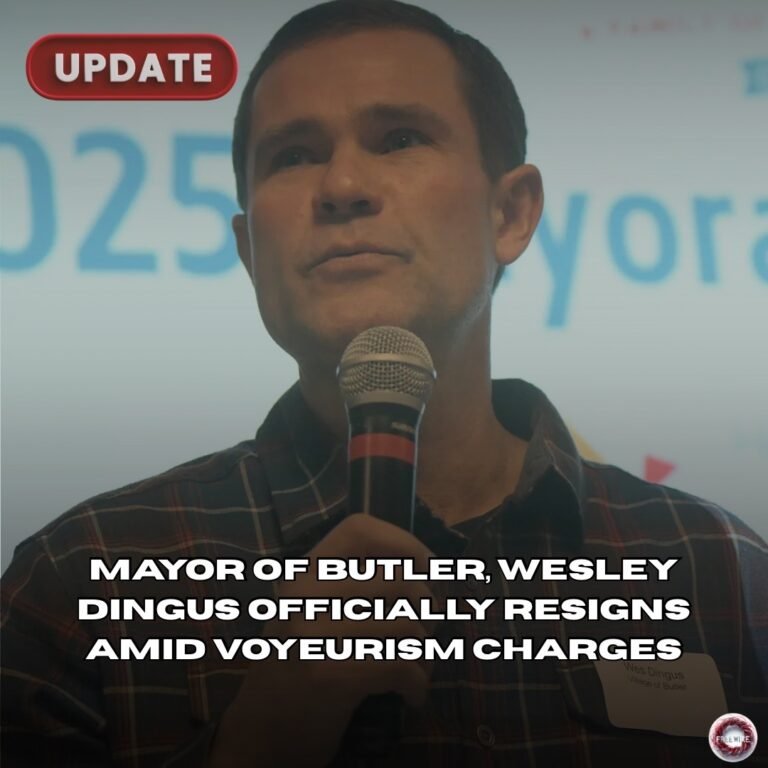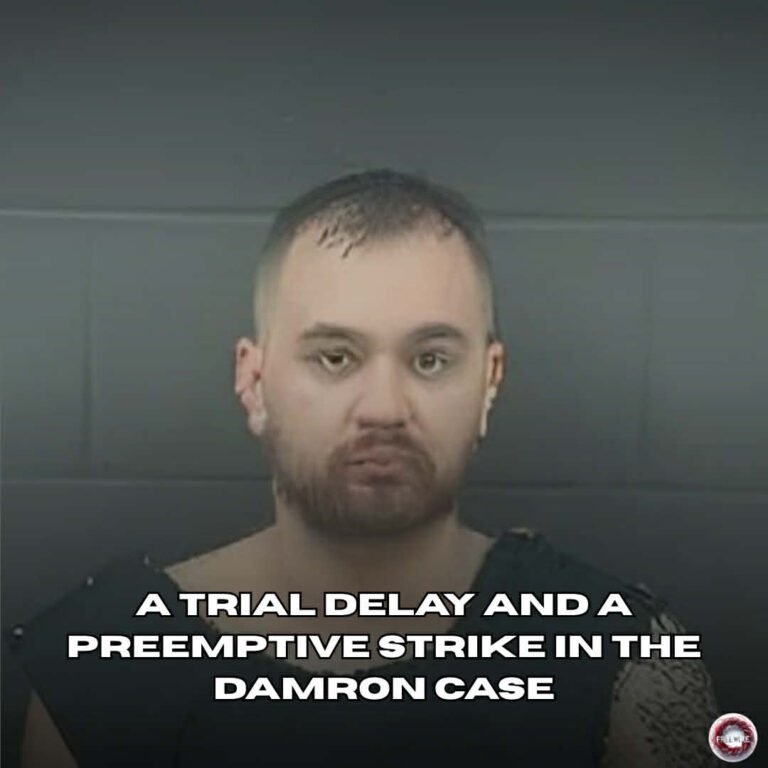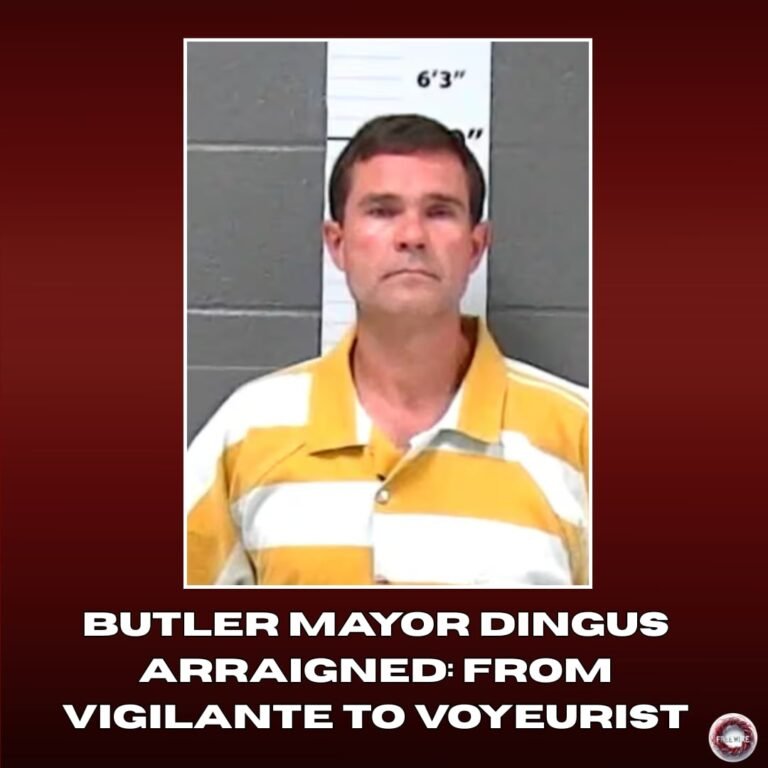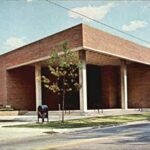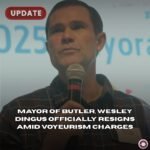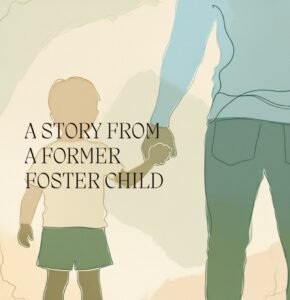
By Anonymous | For Foster Care Awareness Month
I don’t remember much from my early childhood, but I know I was in and out of the foster care system more than once. The memories that truly stuck began when I was around 13, and they carried through until I aged out at 18.
By then, I wasn’t what most would call an “easy” foster child. I lashed out—not because my foster parents were bad people, but because I was angry. Angry at the system. Angry at being taken from my parents. Angry that no one seemed to understand that I didn’t want help, even if I desperately needed it. Looking back now, I know it wasn’t their fault. They were trying. But back then, all I could feel was resentment.
One of the hardest parts of being in foster care was the loneliness. I was bullied often and didn’t have many friends. Then I got close to a foster brother who, instead of lifting me up, taught me how to fight back in all the wrong ways. That influence led me down a path I’m not proud of. I got into trouble, and eventually found myself in juvenile detention. But oddly enough, that’s where a turning point happened.
While I was locked up, I earned my GED. That diploma changed the course of my life. Without it, I don’t believe I would’ve ever been accepted into the Marine Corps. It was one of the first times I realized I was capable of something more.
There were good people along the way—people I didn’t appreciate at the time, but I do now. Janice and Bob Young from Bucyrus come to mind. Janice has one of the kindest, biggest hearts I’ve ever known. Bob was tough, a man of few words, but he worked harder than anyone I’ve ever met. Together, they gave me stability, even when I wasn’t ready to receive it. I regret not recognizing their efforts sooner, but their impact lives on in me to this day.
If there’s one thing I wish more people understood, it’s how deeply foster care can shape a child’s identity. When a child is removed from their home, even if it’s for their safety, it feels like their entire world is being torn apart. As kids, we don’t see the abuse or the neglect—we just see people we love being taken from us. We feel abandoned, not protected.
Foster children, especially those carrying deep emotional scars, need more than rules and routines. They need compassion, patience, and someone who will keep showing up even when they push you away. Because eventually, some of us realize what we were given. We find our strength. And we build lives that break the cycle.


